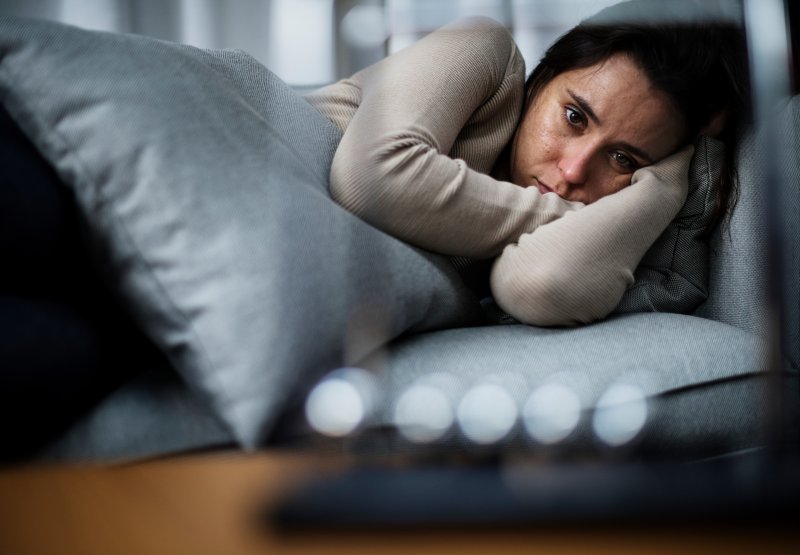Suite #23,
Tempe, AZ 85282
9:00 am - 5:00 pm
9:00 am - 5:00 pm
9:00 am - 5:00 pm
9:00 am - 5:00 pm

Sleep apnea is a prevalent and challenging problem to manage. Not only does it repeatedly interrupt a person’s nightly rest, but it can even increase the risk of several other health issues, including headaches, insomnia, and even heart disease. Additionally, this disorder has been associated with depression, which often shares similar symptoms. Read on to learn about the link between these two and what you can do to improve both your mood and restfulness.
Sleep apnea and depression are often found to strongly correlate with one another. In many cases, both conditions can end up increasing the risk of bringing about the other. For example, sleep deprivation can often lead to depressive moods due to a lack of energy. On the flip side, depression can result in an increase of risk factors associated with sleep apnea, such as weight gain, which might occur due to emotional eating along with certain medications. A study even discovered that about 46% of people experiencing obstructive sleep apnea (OSA) also have symptoms of depression.
While some symptoms from these two issues overlap, it’s important to know some of the differences so that you can better determine the root problem. This is especially essential since depression can potentially be a symptom of sleep apnea. Here are some of the signs of OSA:
Some of the symptoms you might expect to find with depression involve the following:
Getting more consistent rest can help reduce symptoms of depression. Additionally, if you’re trying to address sleep apnea symptoms, be sure to practice the following measures:
If you want to know for sure if you have sleep apnea, be sure to consult your sleep expert dentist and/or physician. They can help determine what your situation is and if it’s impacting your depression or the other way around. By getting the treatment you need now, you’ll be able to work on feeling better while also improving your nightly rest.
At GoTo Sleep Center Mesa, our team of board-certified sleep professionals is more than happy to help you achieve the restfulness you deserve. We can provide alternative therapies for addressing sleep apnea as well as offer resources to help with your overall health. If you wish to learn more or want to schedule a consultation, visit our website or reach out to our office at 623-239-0007.